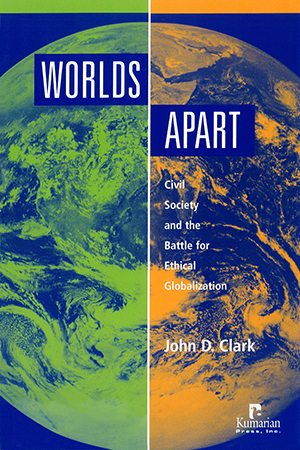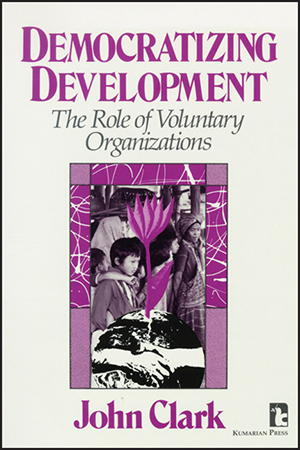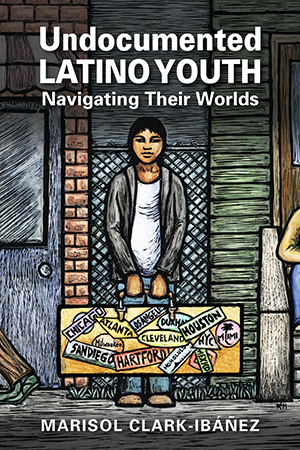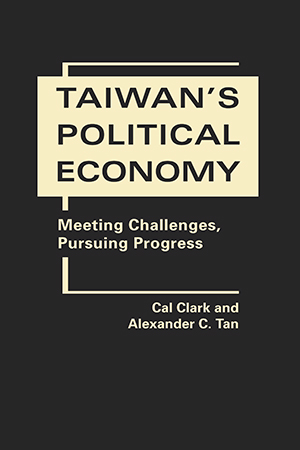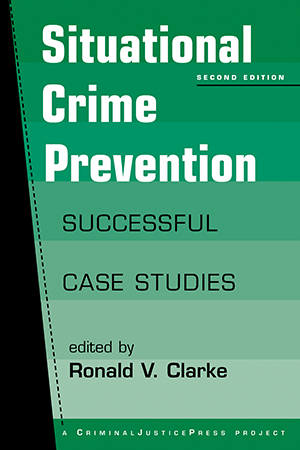BOOKS
In Worlds Apart, John Clark shows us how the same opportunities and threats that have caused such rapid change in the economic and corporate worlds are also transforming the citizen's More >
John Clark explores increasingly important role that both Northern and Southern NGOs play in efforts to assist the poor in achieving development, democracy, and justice. More >
Though often overlooked in heated debates, nearly 1.8 million undocumented immigrants are under the age of 18. How do immigration policies shape the lives of these young people? How do local More >
Taiwan's economic and political transformation was once considered a model for developing nations, but in recent decades, the momentum has stalled. Why? Cal Clark and Alexander Tan More >
This volume of Crime Prevention Studies includes a mix of empirical and theoretical studies. More >
The nine chapters in this volume of Crime Prevention Studies are organized into sections on crime analysis, evaluation, theory, and implementation. More >
An anthology presents 8 previously unpublished studies on the use of situational crime prevention in urban mass transit systems. Marcus Felson et al.'s evaluation of 1991-1992 More >
This book series publishes theoretical and empirical research on reducing opportunities for crime. Until recently, this topic was of minor importance in criminology because opportunity was More >
From tamper-proof seals to cell phones that prevent theft-of-service, it has been proven that modifying products can reduce or even eliminate specific categories of crime. The contributors More >



